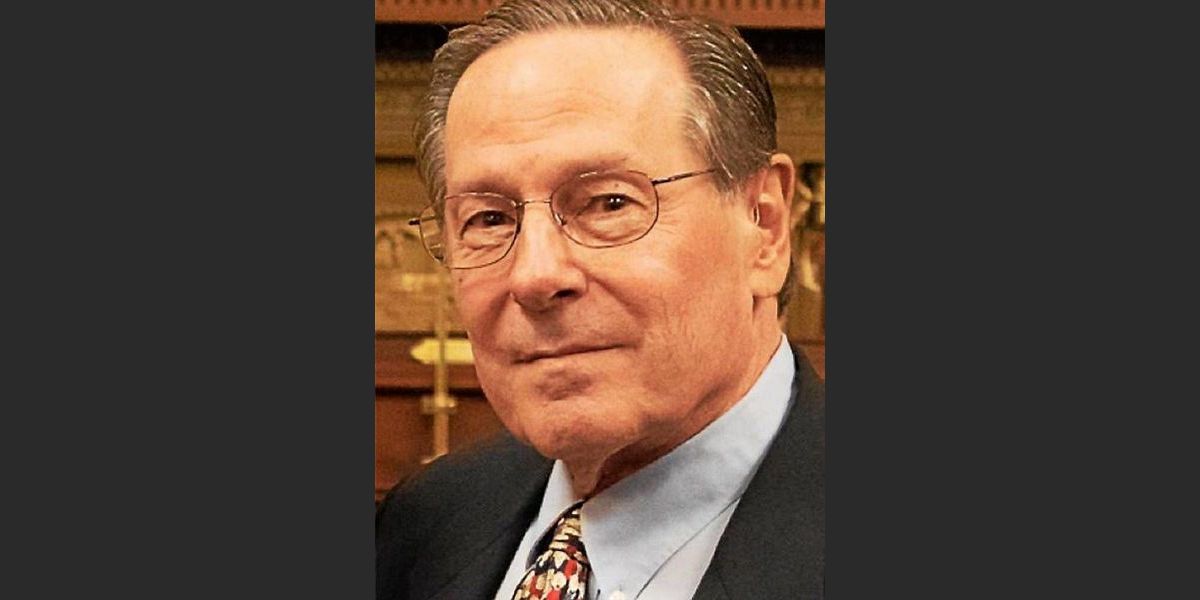Politics
Democrats Face Backlash Over Government Shutdown Strategy

The recent government shutdown has sparked significant controversy, especially regarding the actions of Senate Democrats. More than six weeks before funding expired, they chose not to support a clean House-approved continuing resolution, a departure from past practices. Instead, they insisted on adding unrelated provisions, including the reversal of restrictions on taxpayer-funded medical benefits for undocumented immigrants and the extension of temporary COVID-era subsidies for Obamacare policyholders.
The decision to tie these elements to the funding bill has raised questions about the motives behind the Democrats’ strategy. Many observers struggle to comprehend why the party would engage in battles they cannot win, particularly when such actions directly impact hundreds of thousands of furloughed federal employees and military families.
Senate Democrats’ insistence on additional demands reflects a significant shift in their approach. They have argued that returning to pre-COVID conditions regarding Obamacare would be catastrophic, despite having previously set the end-2025 deadline for these benefits. This contradiction highlights a broader challenge within the Democratic party regarding its health care policies, which have faced ongoing scrutiny since the Affordable Care Act was enacted in 2010.
As the shutdown unfolded, Senate Minority Leader Charles Schumer (D-NY) coordinated a unified opposition to the funding bill, leading to what many have termed the “Schumer shutdown.” His caucus’s decision to block funding contributed to a situation where critical government services were halted, despite repeated attempts by Republicans to pass the legislation. Ultimately, following intense pressure, eight Democrats broke ranks to support reopening the government.
The fallout from this decision has not gone unnoticed within the party. Senator Dick Durbin (D-IL), one of the defectors, expressed his concerns about the impact of a prolonged shutdown on ordinary Americans. He stated, “Many of my friends are unhappy. They think we should have kept our government closed indefinitely to protest the policies of the Trump administration… but I cannot accept a strategy which wages political battle at the expense of my neighbor’s paycheck or the food for his children.”
The responses from other congressional Democrats and their base suggest a deep divide within the party. Many members were discontent with the idea of reopening the government, prioritizing political strategy over the immediate needs of constituents. The willingness to risk the welfare of millions affected by the shutdown raises important questions about the party’s priorities and future direction.
Looking ahead, the implications of this shutdown may resonate well into the next election cycle. Despite the backlash, some Democrats appear undeterred, suggesting they may pursue similar tactics in the future. The ongoing influence of the Trump administration continues to shape the political landscape, and the unresolved issues surrounding health care and immigration are likely to remain central to the Democratic agenda.
As the situation evolves, the impact of these decisions on both party unity and public perception will be critical. The Democrats now face the challenge of reconciling their internal divisions while addressing the pressing needs of the American public.
-

 Science1 month ago
Science1 month agoIROS 2025 to Showcase Cutting-Edge Robotics Innovations in China
-

 Science2 weeks ago
Science2 weeks agoUniversity of Hawaiʻi at Mānoa Joins $25.6M AI Initiative for Disaster Monitoring
-

 Lifestyle1 month ago
Lifestyle1 month agoStone Island’s Logo Worn by Extremists Sparks Brand Dilemma
-

 Health1 month ago
Health1 month agoStartup Liberate Bio Secures $31 Million for Next-Gen Therapies
-

 Lifestyle1 month ago
Lifestyle1 month agoMary Morgan Jackson Crowned Little Miss National Peanut Festival 2025
-

 World1 month ago
World1 month agoBravo Company Veterans Honored with Bronze Medals After 56 Years
-

 Health1 month ago
Health1 month agoTop Hyaluronic Acid Serums for Radiant Skin in 2025
-

 Politics1 month ago
Politics1 month agoJudge Considers Dismissal of Chelsea Housing Case Citing AI Flaws
-

 Science1 month ago
Science1 month agoArizona State University Transforms Programming Education Approach
-

 Business1 month ago
Business1 month agoTruist Financial Increases Stake in Global X Variable Rate ETF
-

 Sports1 month ago
Sports1 month agoYamamoto’s Mastery Leads Dodgers to 5-1 Victory in NLCS Game 2
-

 Top Stories1 month ago
Top Stories1 month agoIndonesia Suspends 27,000 Bank Accounts in Online Gambling Crackdown








